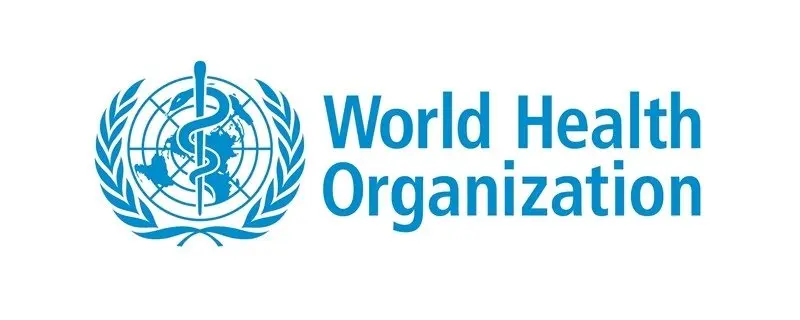By Muhammad Amaan
The World Health Organisation (WHO) has launched Global Strategic Preparedness, Readiness and Response Plan (SPRP) to tackle dengue and other Aedes-borne arboviruses.
The world body said in a statement that the plan was launched on Thursday.
According to the organisation, the plan is aimed at reducing the burden, sufferings and deaths from dengue and other aedes-borne arboviral diseases such as Zika and chikungunya, by fostering a global coordinated response.
It stated that “the plan outlines priority actions to control transmission and offers recommendations to affected countries across various sectors, including disease surveillance.
“Others are laboratory activities, vector control, community engagement, clinical management, research and development, through a whole-of-society and regional approach.”
The WHO added that an estimated four billion people are at risk of infection from arboviruses around the world, estimated to increase to five billion by 2050.
It stated that “dengue cases have surged across all six WHO regions, with an estimated four billion people at risk globally.
“The number of cases approximately doubled each year since 2021, with over 12.3 million as of the end of August this year – almost double the 6.5 million cases reported in all of 2023.
“Dengue is endemic in tropical and subtropical climates, particularly in South-East Asia, the Western Pacific and the Americas.”
According to it, the situation is equally of great concern in Africa, where countries are battling multiple diseases amid conflicts and natural disasters, causing additional strain on the already fragile health systems.
WHO Director-General, Dr Tedros Ghebreyesus said that the rapid spread of dengue and other arboviral diseases in recent years was alarming “and demands coordinated response across sectors and across borders.
“From maintaining clean environments to supporting vector control and seeking and providing timely medical care, everyone has a role to play in the fight against dengue.
“This plan is, therefore, a roadmap to turn the tide against this disease and other aedes-borne arboviral diseases, protect vulnerable populations and pave the way for a healthier future.”
He noted that factors such as unplanned urbanisation and poor water, sanitation and hygiene practices, climate change and international travels, are facilitating the rapid geographical spread of dengue.
Ghebreyesus said that the disease was now endemic in more than 130 countries.
“Similar trends are also observed for other arboviral diseases, such as Zika, chikungunya and more recently the Oropouche virus disease, especially in the Americas.
“This global escalation underscores the urgent need for a robust strategy to mitigate risks and safeguard populations.
“The SPRP comprises five key components essential for a successful outbreak response,” he added.




